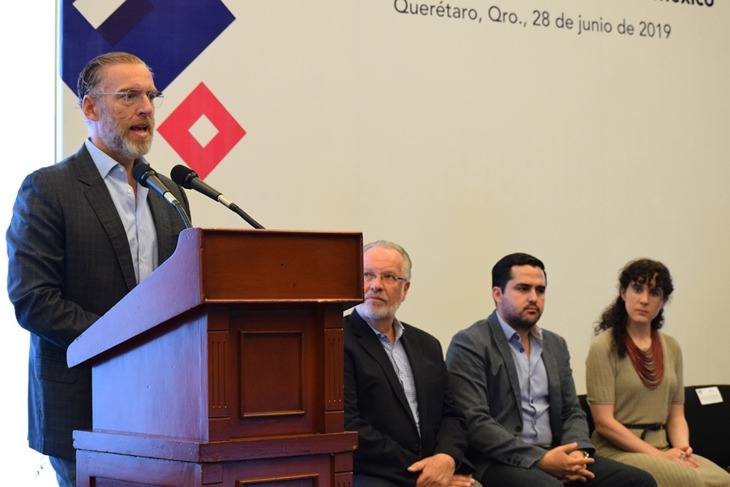24 March 2021, 13:39 GMT
Since 2018, Querétaro, Mexico, has been taking part in the Climate Pathway Project alongside five other Latin American states from across Brazil, Mexico and Peru.
The project supports state and regional governments to develop a transformational process, or ‘pathway’, to reducing emissions while supporting economic and social development, in collaboration with local communities and businesses.
In 2019, Milimer Morgado, Senior Manager of Climate Transparency and Pathways at the Climate Group, had the opportunity to interview Ricardo Javier Torres Hernández, Undersecretary of Environment at the Secretariat of Sustainable Development for the State of Querétaro, Mexico. Ricardo leads the implementation of environmental and climate change policies, including the Climate Pathway Project, in the Executive Branch of the State of Querétaro.
Through the project, Querétaro has set out a vision for decarbonisation – which includes targets of 27% emissions reduction by 2030 and 65% emissions reduction by 2050 (compared to 2015 levels) – as well as selected the priority actions needed across sectors to meet its goals.
With the energy, industry and transport sectors as the main contributors to the state’s emissions, determining priority actions across these areas was key. Some of Querétaro’s areas of focus will include:
- Implementation of solar energy at scale for public services
- Production of renewable electricity and heating at industrial sites
- Increasing vehicle electrification and improving urban planning
“The important thing is that citizens are truly convinced that the decarbonisation of the economy is both necessary and increasingly urgent for the long-term sustainability, not only of Querétaro, but of Mexico and the whole world.” -Ricardo Javier Torres Hernández



